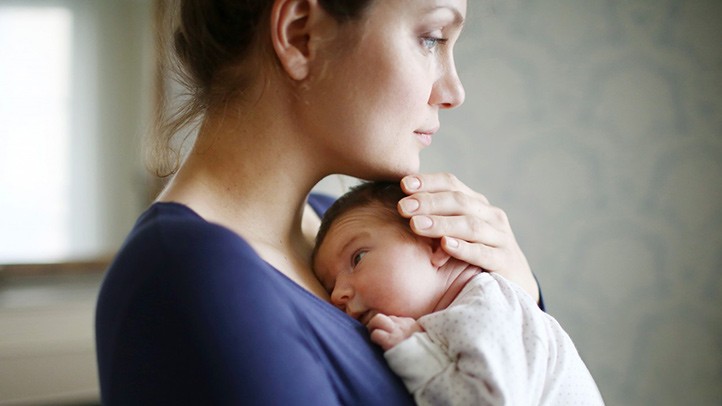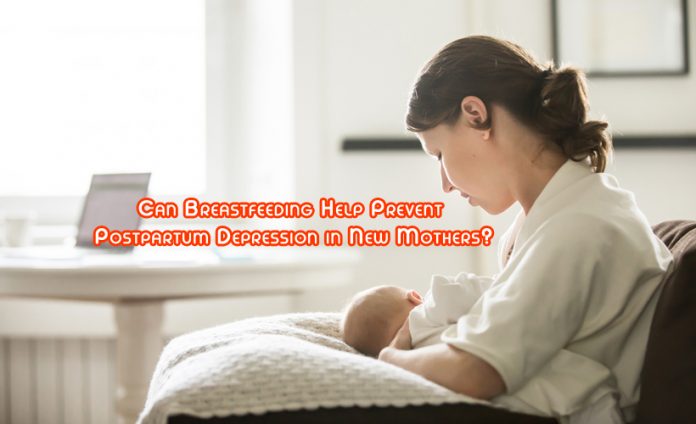There are many benefits of breastfeeding, studies say it can also help fight postpartum depression.
We do not talk about it out loud, but postpartum depression strikes all other mothers after delivery. It’s scary because most of them do not get help and the condition keeps increasing. Of the many things that can happen due to postpartum depression, the worst is when the mother stops caring for herself and begins to affect the baby too.

Various ways to counter postpartum depression
There are different ways to counteract postpartum depression – help from the family, good nutrition, sleep, counseling, etc., but an easy way to help the mother fight this depression is to introduce her to breastfeeding. and complete the first six months of exclusive breastfeeding. led by the World Health Organization.
There are studies showing that continuous breastfeeding can help a mother to counter this problem. If new mothers stop breastfeeding at the age of three or four months, it can have a dramatic effect on their mental health. Previously, it was believed that lack of breastfeeding can make a new mother depressed. But the fact is not only that.
Many neonatal trainers believe it’s a two-way thing. Some mothers start breastfeeding naturally while others face barriers such as: low milk supply, waterlogging, etc., which complicates the whole process. This makes the mother more depressed and she can completely abandon breastfeeding and try the formula. But the story of postpartum depression does not stop there. It is seen that mothers fed infant formula face more postpartum depression and anxiety than breastfeeding mothers, according to various studies. Here is a story of a new mother who wants to know about postpartum depression before.
 Another study published in the International Journal of Psychiatry in Medicine noted that women who exclusively breastfed their babies in the second and fourth months after delivery were unlikely to develop postpartum depression while women were breastfeeding. Longer. formula.
Another study published in the International Journal of Psychiatry in Medicine noted that women who exclusively breastfed their babies in the second and fourth months after delivery were unlikely to develop postpartum depression while women were breastfeeding. Longer. formula.
The results indicate that breastfeeding women reduce their risk of developing PPD, with effects maintained during the first four months postpartum when the incidence of depression is maximal. After four or six months of birth, the risk of postpartum illness decreases, but for mothers who do not breastfeed exclusively, a marginal risk may still exist.
For this reason, mothers should be more encouraged to rely on exclusive breastfeeding for the first six months after birth to ensure that the baby is receiving proper nutrition and that the mother can save her from episodes of depression.
You may like to read Best Ways To Deal with Postpartum Hives

